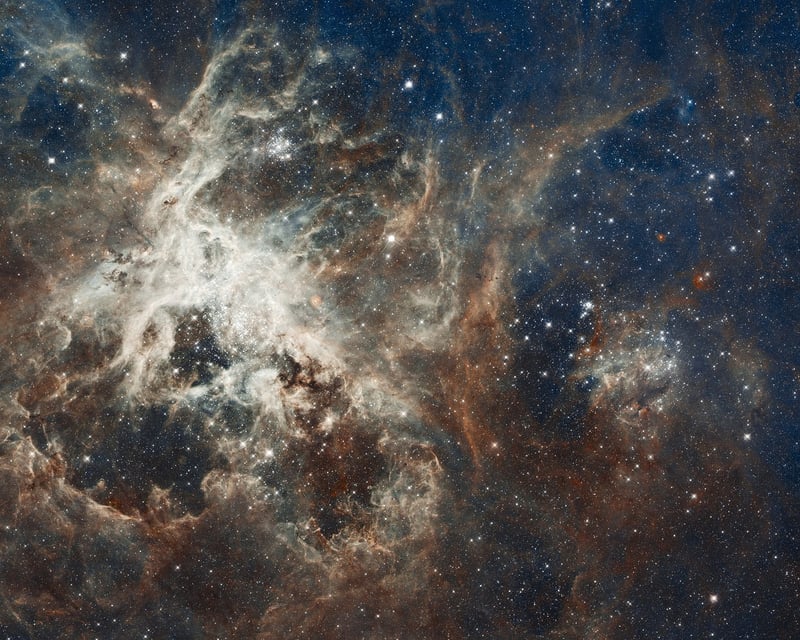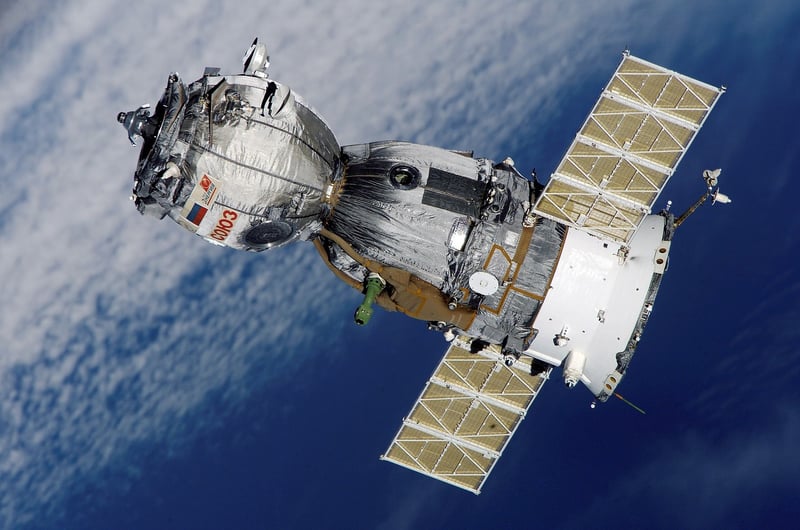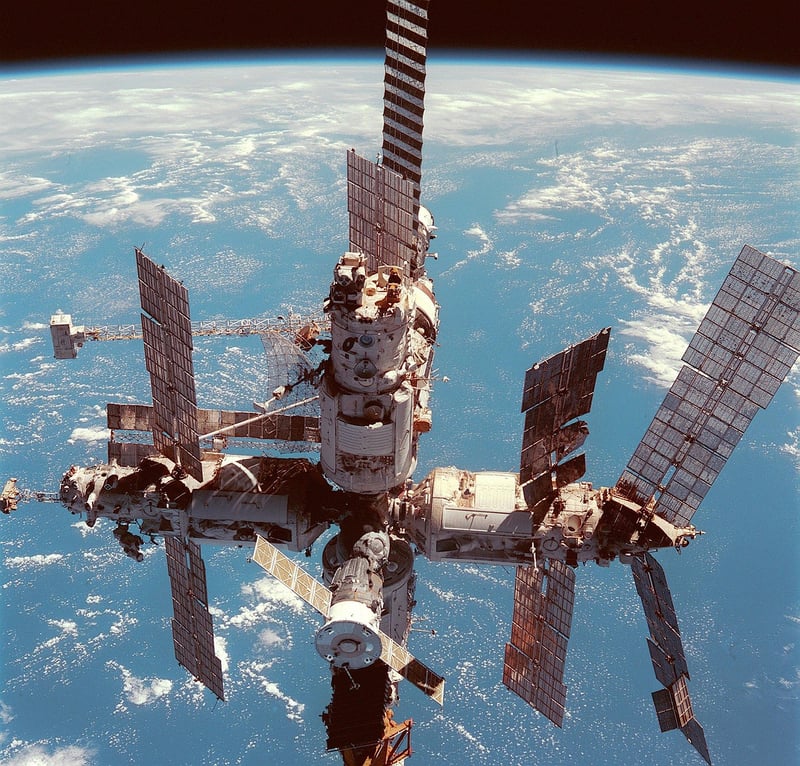Space stations
Exploring Far-Off Worlds and Space Stations
Welcome to a journey through the vastness of space, where we delve into the mysteries of far-off worlds and fascinating space stations. Join us as we uncover the wonders that lie beyond our planet Earth.
Far-Off Worlds
Far-off worlds, also known as exoplanets, are planets that orbit stars outside our solar system. These distant worlds come in various sizes and compositions, offering a glimpse into the diversity of planetary systems in the universe.
Key Facts about Far-Off Worlds:
- There are thousands of known exoplanets, with more being discovered regularly.
- Exoplanets can be rocky like Earth or gaseous like Jupiter.
- Some exoplanets are located in the habitable zone, where conditions might be right for liquid water to exist.
Space Stations
Space stations are artificial habitats in space where astronauts live and work for extended periods. These orbiting laboratories serve as platforms for scientific research, technology development, and international cooperation in space exploration.
Notable Space Stations:
- International Space Station (ISS): A joint project involving multiple countries, the ISS has been continuously inhabited since November 2000.
- Tiangong Space Station: China's modular space station that aims to support long-term human presence in space.
Exploration and Beyond
As we continue to explore far-off worlds and expand our presence in space through space stations, the possibilities for scientific discovery and human achievement are limitless. Join us on this cosmic journey as we reach for the stars and push the boundaries of exploration.


